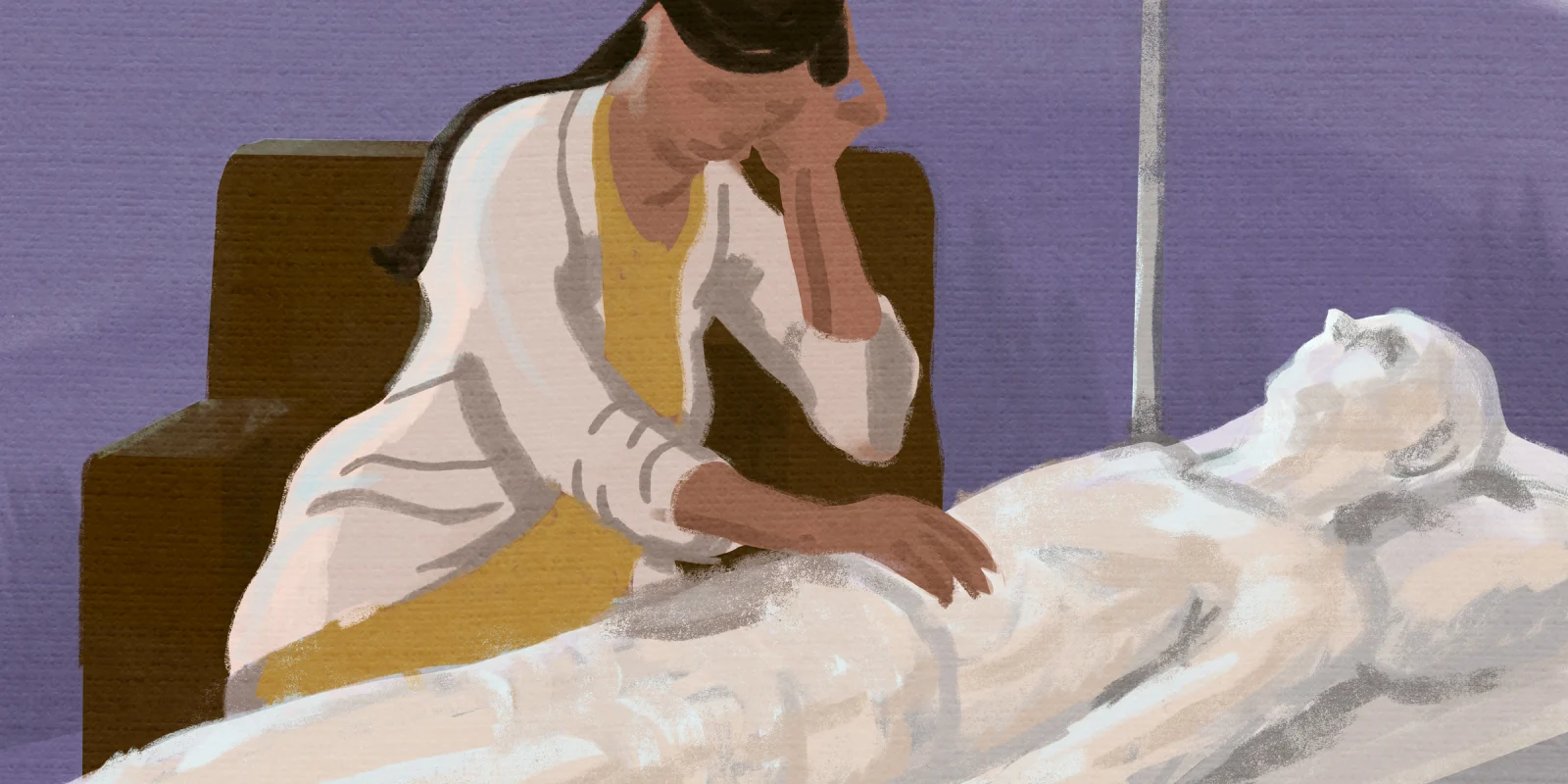During my hospice rotation, I would drive through the woods, ditches, farms, and rivers of rural Alabama to visit terminally ill patients that could die any minute. It was such a special occurrence to walk into the homes of individuals and give them some contentment. One moment I could never forget was when I got to hold the hand of a patient who was dying from oropharyngeal cancer. She was bedridden, unable to move, eat, or talk. It was difficult to see her in that state because, one week prior, she was active and moving. She wanted the nurse and I to be with her in the present moment. A simple hug, a smile, or holding one’s hand showed me the importance of compassion, presence, and the power of healing through touch, a philosophy that I’ve learned as a future osteopathic physician.
Hospice also showed me the significance of support. Some patients had great systems in place, and others did not have any family at all. For example, one patient I met had multiple family members helping out, and it was great to talk with them about making biscuits. I could tell familial support helped the patient feel better mentally. Another patient, who was dying of chronic obstructive pulmonary disease, lived in the woods and had no family. That patient looked forward to the hospice nurse coming to see them because it was the only interaction they had with people all week. Hospice has shown me how isolated and lonely some people are. In turn, hospice creates a team for that patient — a surrogate family and group of advocates.
Although this was not my first experience with death, exposure to its process is a difficult situation. As a medical student, I’ve seen how it is often an issue for doctors to have a balance of the cure against the quality of life in terminally ill patients. During the COVID-19 pandemic, I have witnessed more death and end-of-life conversations than normal. The very first day of my rotation, the palliative nurse and I gowned up in our PPE to inform a patient’s wife of 50 years that her husband was going to die from complications due to COVID-19 within 24 hours. Tears were running down everyone’s faces — including mine and the nurses — in that small room. Another COVID-19 patient was making positive strides, then suddenly coded multiple times and eventually passed. Another such example, a patient that was positive with multiple comorbidities finally got off the ventilator to pass on their own. I was able to comfort their family as they sat outside the glass doors of the ICU bed, watching their loved one breathe their final breath. I have many more stories, but what this has taught me is that being there can help the families and patients get through this difficult process.
Empathy is one of the skills that I got to tap into during this rotation. Seeing patients at the end stages of their life has been a privilege and an emotional journey. Witnessing moments of bereavement created a whirlwind of emotions, imagining what could happen to me when my parents would need assistance: watching others take care of their loved ones transported me to a scenario where I will be doing the same in my future. I’ve learned about advanced directives, DNR orders, and the whole process behind the scenes to get a person eligible for hospice. I have grown as a future physician, developed a stronger skill set to care for those with end-of-life issues, and now feel better prepared to initiate the hospice conversation. The jobs of a hospice nurse, a chaplain, and social work are very inspiring; it takes a truly special individual to do this difficult yet rewarding and important job. I was always in awe to see the work and care they provided with such ease and grace. Finally, the most important concept hospice taught me was the beautiful daily reminder of what comes naturally to us: to breathe. The first action we do when we come into this world and the last thing we do when we leave it. Breathe.
Did your training include hospice work? If so, how did that impact how you practice medicine? Share your thoughts below.
Sujana is currently a PGY-1 Internal Medicine Resident at EAMC. She graduated with Doctor of Osteopathic Medicine degree from ACOM and graduated Magna Cum Laude from Birmingham-Southern College majoring in biology and psychology. Her interests include: tutoring/mentoring, piano, writing, volunteering, meditation/yoga, research, and medicine.
Illustration by Jennifer Bogartz







